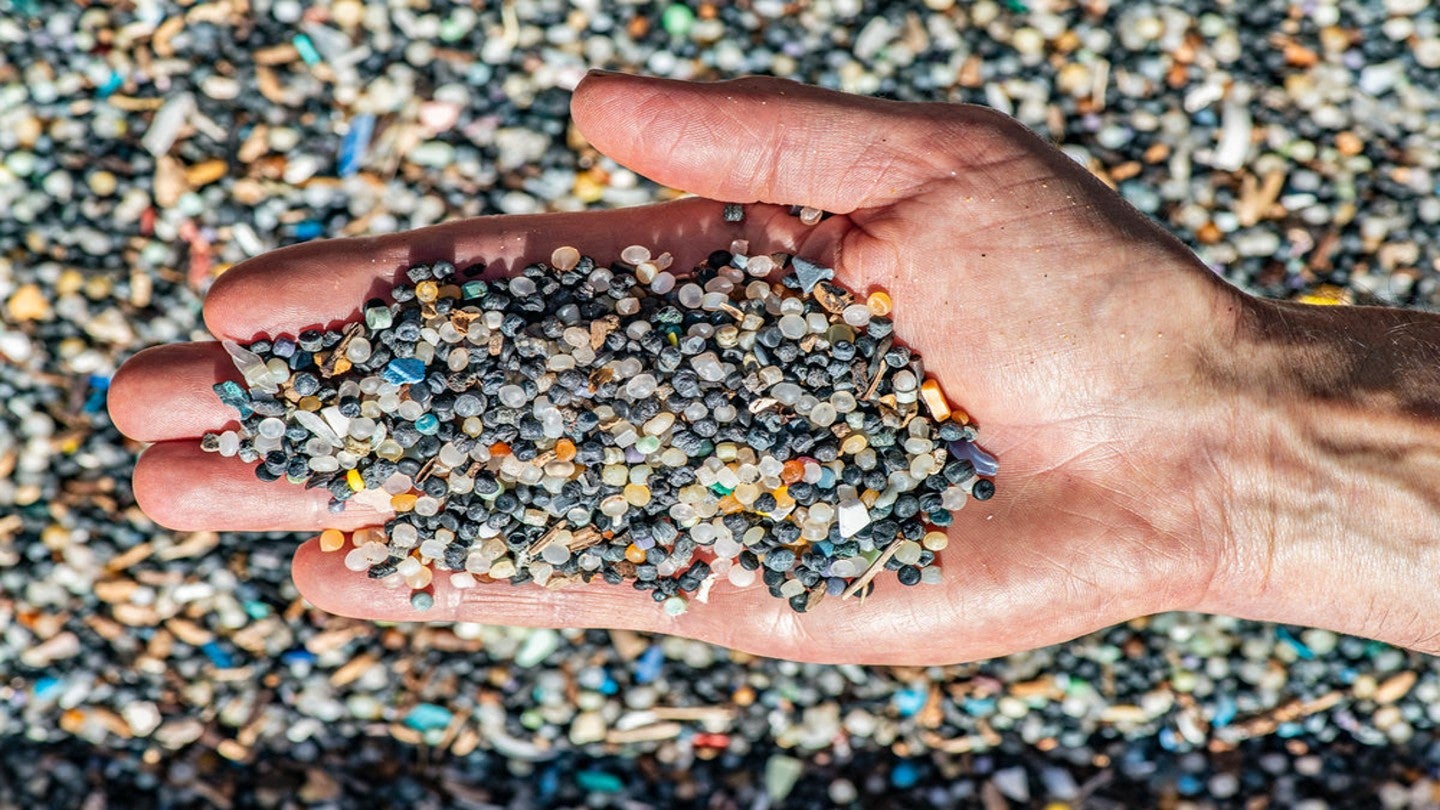
The World Wide Fund for Nature (WWF) has appealed to the UN governments to support the global ban on the use of ‘harmful and unnecessary’ single-use plastic products.
The latest move comes ahead of the upcoming UN plastic pollution treaty meeting, which is scheduled to take place between 29 May and 2 June in Paris, France.
A series of WWF-commissioned reports, submitted and conducted by Eunomia, have found that single-use plastic items such as plastic cutlery, cosmetic microplastics, vapes and e-cigarettes all have a high risk of pollution.
The reports have suggested some feasible alternatives to control this pollution and address some of the most urgent plastic pollution challenges under the new global treaty.
It includes a global plastic ban, plastic phase-outs, as well as other large-scale control measures that can help in the safe handling and minimising of single-use plastics.
The research proposes dividing plastic products into two separate groups, naming them Class I and II respectively.
Class I includes those items that can be eliminated in the short term, while Class II includes products that cannot be ‘feasibly eliminated or reduced’.
WWF special envoy Marco Lambertini said: “On our current trajectory, by 2040 global plastic production will double, plastic leakage into our oceans will triple and the total volume of plastic pollution in our oceans will quadruple. We cannot allow this to happen.
“Plastic pollution is a global problem that requires a global solution. Negotiators must heed the guidance in this report and work together to create a treaty with comprehensive and specific binding global rules that can turn the tide on the plastic crisis.”
WWF has also suggested to include all of these proposed measures in the UN treaty’s official text, which will be published in the lead-up to the future round of talks in December this year.



